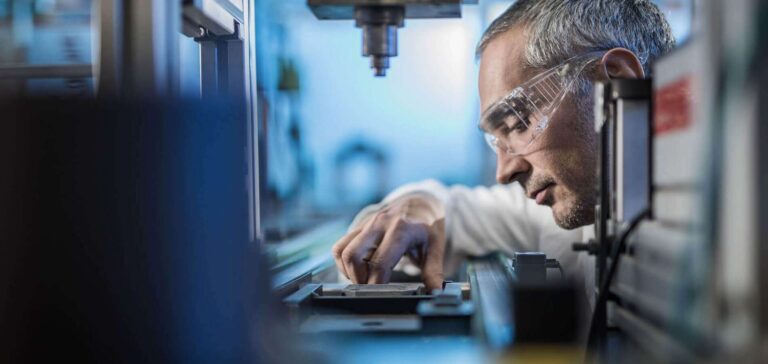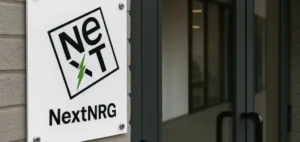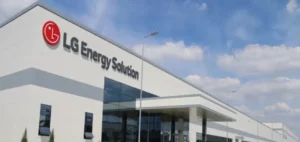Ampcera, a US electrolyte manufacturer, has announced that it will move into mass production by 2025 to compete with lithium-ion batteries.
Ampcera aims for mass production by 2025
American group Ampcera Inc.
is significantly increasing production capacity for its engineered materials at its facility in Tucson, Arizona.
The company is an innovator in solid-state electrolyte technology for batteries of the same name.
The company is set to move into mass production by 2025.
This increase in production should enable Ampcera to distribute its materials on a large scale.
Today, Ampcera claims to be “well positioned to become a supplier of choice and the world leader in these materials”.
The group is also working on the commercialization of its technology, which should soon be available to its customers.
Competing with lithium-ion batteries
Prof. Dr. Sumin Zhu, CEO and co-founder of Ampcera, confirmed this desire for leadership:
“Our decision to increase production capacity is driven by our customers’ efforts to accelerate the development and production of solid-state batteries. Thanks to our broad customer base and valuable intellectual property, Ampcera is in a unique position to meet the rapidly growing market demand for solid-state electrolyte materials”.
With this novelty, the company aims to finally lower the cost of materials for solid-state batteries.
Through mass production, Ampcera expects to bring the average cost down to $50 per kg.
If it succeeds, these batteries will become competitive with lithium-ion batteries, which still dominate the current market.





















